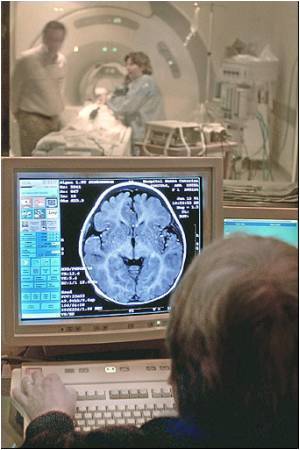A new study says that older adults over 65 who are hospitalized could wind up with a new set of memory problems following their stay at the hospital.

"Our study is timely as the United States population continues to rapidly age and researchers try to identify factors that could reduce memory and thinking problems in the elderly," said study author Dr. Robert S. Wilson, a senior neuropsychologist of the Rush Alzheimer's Disease Center in Chicago, in a written statement.
"Understanding a possible link to something as common as hospital stays is extremely important," he noted.
It's no secret adults start to lose their memory, as they get older, and a slight cognitive decline is normal and expected, the researchers said.
The 12-year study looked at 1,870 adults over 65 who lived in Chicago. Every three years, the researchers gave them thinking and memory tests and assigned them a score based on how they did. During the study, 71 percent of the older adults were hospitalized at least once.
As expected, scored declined as the seniors aged. But the decline occurred twice as fast after a first hospital stay, compared either to their previous rate before being admitted or with people who were not admitted to the hospital.
Advertisement
Even after accounting for other factors such as severity of the illness that required hospitalization, length of hospital stay, or age of patients who were much older, the researchers still saw the cognitive decline.
Advertisement
The study was published in the March 21 issue of Neurology.
But experts are warning the study shouldn't scare people off from seeking necessary medical treatment.
"The hospital can be a bad place to go if you're an older individual. It should be avoided if possible, but that doesn't mean patients shouldn't see their health care provider. They need to do that," Dr. Marie Bernard, deputy director of the National Institute on Aging, told USA Today.
Source-ANI













